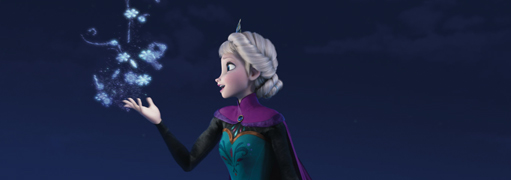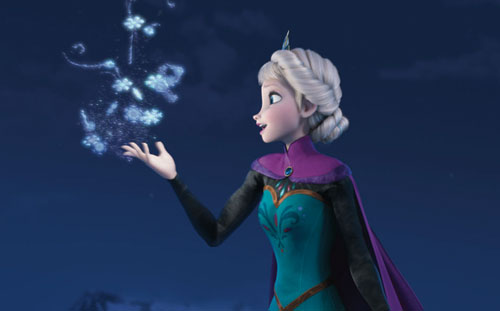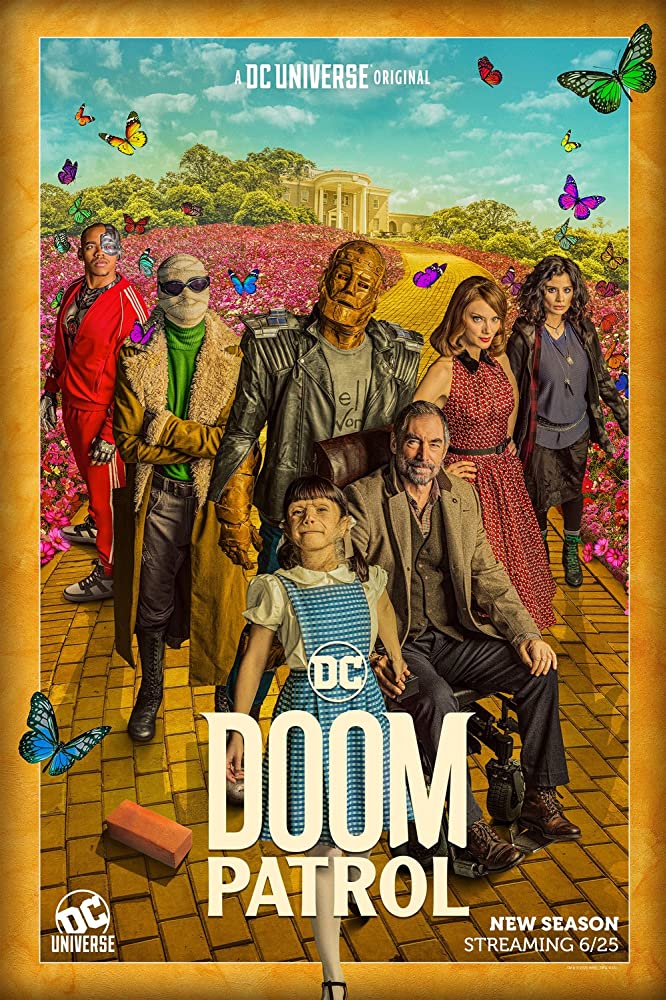Film Review: Disney’s Frozen Takes Classic Fairy Tale To A Winter Wonderland
Classic Fairy Tale Takes Disney To A Winter Wonderland


She can make snowflakes. Can a Frozen Blizzard at Dairy Queen be far behind?



